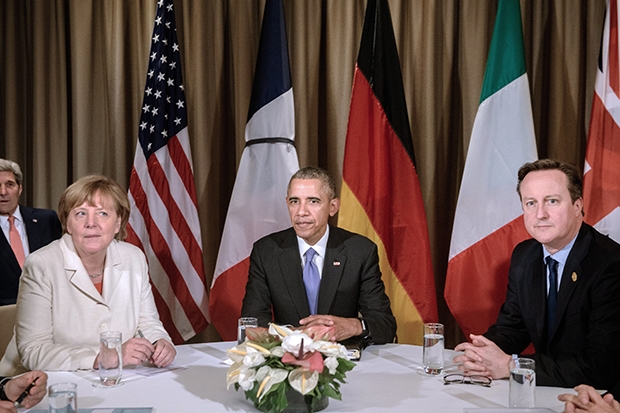Like most British soldiers of my generation, I fought in Iraq and Afghanistan. Few would now justify the reasons for invading Iraq; most of us who fought there at first recognised the amateurish nature of the strategy and its lack of realistic political objectives. But in 2007, under General Petraeus, the coalition adopted a new strategy that was underpinned by coherent policy. This stemmed from the recognition that unless common cause was found with moderate Sunnis, a workable Iraqi polity could never be established.
The rapid improvements that flowed from this change were impressive but disgracefully shortlived. The US departure from Iraq in 2010 allowed the Shi’ite Nuri Al Maliki a free rein to threaten Sunni interests and explains the Iraqi half of today’s tragedy in the Middle East.
In the other half, the West has shown similar strategic illiteracy in Syria. Efforts to excite opposition to Assad were unsupported by even the remotest understanding of what might follow. Just as with Saddam and Gaddafi, no credible alternative to Assad waits in the wings.
Part of this stems from the crisis of confidence experienced by both the US and UK as a result of Iraq and Afghanistan. The prevailing judgment is that all interventions are ill-advised, especially those involving boots on the ground. The best the West can do is to bomb from a safe distance and make half-hearted efforts to raise local militias. Bombing and drone strikes have their place if properly targeted, but no aircraft has ever held ground. Without western forces, local militias will continue to be highly unreliable.
Some have criticised David Cameron for a lack of strategic thinking: his campaign in Libya had no plan to follow Gaddafi; his lost vote in the House of Commons on Syria showed lack of forethought.







Comments
Join the debate for just £1 a month
Be part of the conversation with other Spectator readers by getting your first three months for £3.
UNLOCK ACCESS Just £1 a monthAlready a subscriber? Log in